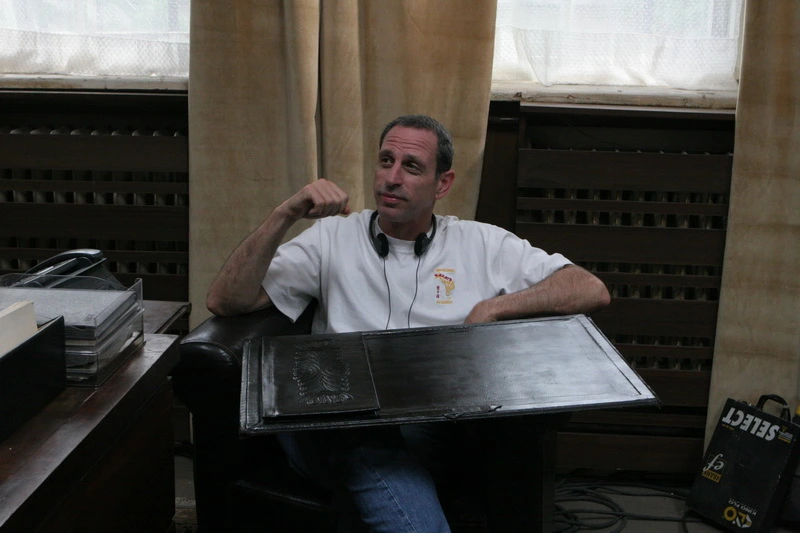
Айзек Флорентайн прочно закрепил за собой репутацию режиссёра, на которого могут положиться поклонники боевиков. С начала 90-х годов он стабильно выпускал фильмы с захватывающими боевыми сценами, которые не уступают, а в ряде случаев и превосходят сцены в более масштабных проектах. Начав свою карьеру в условиях низкобюджетных фильмов о боевых искусствах, а также снимая англоязычные вставки для различных версий популярного японского телесериала для детей "Могучие рейнджеры", Флорентайн разработал свой уникальный стиль. Он основывался на чётко выстроенных и смонтированных кинетических экшн-сценах. Благодаря качеству его работы в таких условиях, он быстро стал востребованным в эпоху расцвета "фильмов для видеопроката". Флорентайн не только сотрудничал с известными звездами боевиков, такими как Гэри Дэниелс, Дольф Лундгрен и Жан-Клод Ван Дамм, но и создал для каждого из них яркие и запоминающиеся фильмы, занявшие достойное место в их фильмографиях.
Именно в этот период Айзек Флорентайн открыл для себя британского актёра Скотта Эдкинса, с которым у него сложились долгие и плодотворные рабочие отношения. Объединённые любовью к боевым искусствам, они к настоящему моменту совместно работали над одиннадцатью проектами. Два из них — "Неоспоримый 3: Искупление" и "Ниндзя 2" — стали культовыми фильмами в жанре боевых искусств и считаются вершиной среди всех "видеопрокатных" картин о боевых искусствах.
Благодаря успеху этого сотрудничества, Флорентайн расширил свой репертуар, снимая фильмы с участием не только мастеров боевых искусств, но и голливудских актёров, дав им возможность продемонстрировать свои экшн-навыки. В его новом фильме "Псы войны" (Hounds of War) главные роли исполнили Фрэнк Грилло, Роберт Патрик и Рона Митра. Это боевик о группе элитных наёмников, которым поручено устранить террориста высокого уровня, но операция быстро выходит из-под контроля. Этот фильм подтверждает статус Флорентайна как одного из надёжных режиссёров экшн-жанра.
В преддверии цифрового релиза "Псов войны" Мэттью Эссари (Film Combat Syndicate) удалось побеседовать с Айзеком Флорентайном о его режиссёрских методах и вдохновениях.
Вы работаете в жанре боевиков более трех десятилетий. Как вы развивались в качестве режиссера с тех пор, как снимали эпизоды "Могучих рейнджеров" и малобюджетные фильмы, такие как "Кикбоксинг в пустыне" и "Высокое напряжение", до момента, когда получили признание за "Неоспоримого 3", и до вашего последнего фильма "Псы войны"?
Я думаю, что ничто не сравнится с опытом. Когда я снимал "Кикбоксинг в пустыне", это был мой первый американский фильм, первый полнометражный. Я заметил, что здесь люди работают по системе "мастер и дополнительные планы". (Прим.: Съемка "мастера" означает съемку всей сцены с одного основного угла. Затем сцена переснимается несколько раз с разных ракурсов и дистанций, чтобы этот материал можно было использовать для монтажа с "мастером" в постпродакшене, создавая законченный боевой эпизод. Это дает монтажеру фильма множество вариантов для сборки сцены.)
Я только приехал из Израиля, и там я не пользовался таким подходом. У меня всегда было "монтаж в голове". Сначала ты монтируешь сцену в уме, а затем снимаешь только то, что нужно, с правильным объективом и правильным углом — так ты знаешь, как будешь монтировать.
Когда я приехал сюда и снимал свой первый фильм, люди спрашивали: "Почему ты не снимаешь мастер?" Мне пришлось объяснять — фактически, спорить с ними, что это не правильный подход к съемке боевиков. Однако для "Могучих рейнджеров" именно этого и хотели, потому что материал должен был сочетаться с уже снятыми японскими кадрами. Поэтому этот подход был идеален. Я снял множество эпизодов "Могучих рейнджеров", и для меня это стало лабораторией, где я мог экспериментировать, потому что их отношение было таким: "Иди, снимай каждый день, пробуй новые вещи. Если не получится, переснимем." Это стало для меня местом для экспериментов.
После этого я снял "Высокое напряжение". Я вышел из "лаборатории" и получил опыт. Это видно по стилю фильма — в нем было больше уверенности. Я думаю, что "High Voltage" действительно закрепило мой стиль. К тому моменту я уже определился с ним, и оставалось только совершенствоваться. Это не вопрос того, чтобы провозгласить что-то как "мой стиль". Когда я вижу или думаю, что так нужно рассказать историю, я не называю это стилем. Это просто ваш способ, ваша естественная реакция на то, как рассказать историю — будь то драма или боевик.
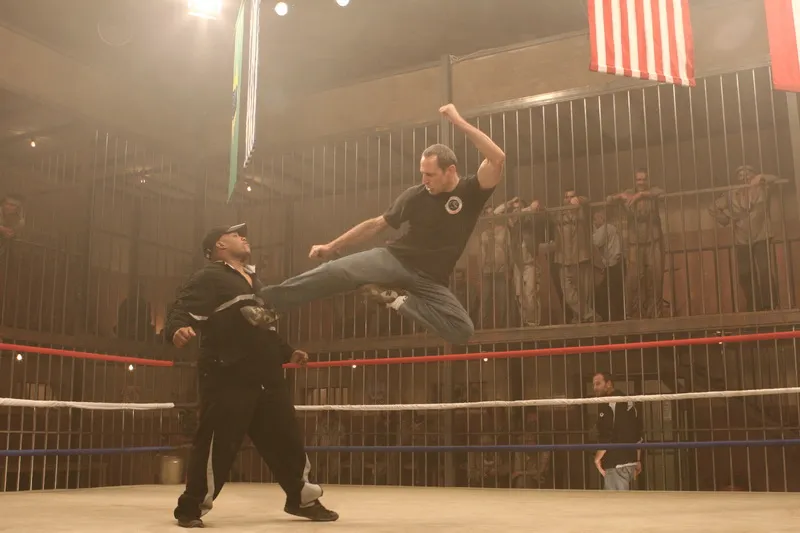
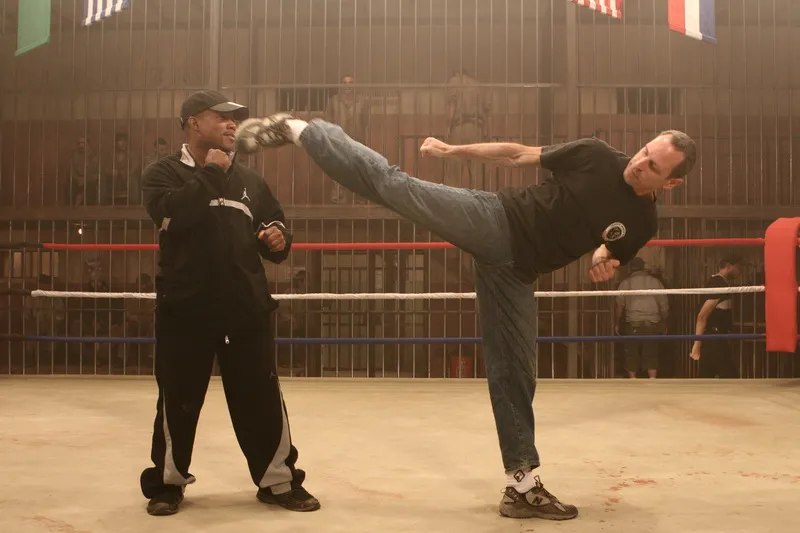
Я знаю, что вы занимаетесь боевыми искусствами всю жизнь и часто работаете с профессиональными бойцами. Но со временем вы все больше работаете с актерами, не имеющими такого опыта. Изменился ли ваш подход к работе с актерами в связи с этим?
Я занимаюсь карате, японским карате, уже 53 года. Карате очень точное, оно очень четкое. Когда я снимаю, я стараюсь, чтобы сцены были очень точными. Точность важна. Когда ты ставишь боевую сцену с человеком, который имеет опыт в боевых искусствах, это легко объяснить.
Но я заметил, что актерам, даже если у них нет боевого опыта, часто нравится участвовать в таких сценах. Помню, как снимал "Код доступа "София" с Кристианом Слейтером, ему это очень нравилось. Я снимал фильм с Антонио Бандерасом, "Обет молчания", он хотел работать со мной, потому что хотел участвовать в фильме о боевых искусствах. Он знал всю хореографию и сам выполнял все сцены.
Точно так же в моем последнем фильме "Адский огонь" (HellFire), который я заканчиваю сейчас с Стивеном Лэнгом, мы снимали его, когда ему было 70 лет. Он выполнял 90,9% всех боев сам, это невероятно. Они любят это, они хотят участвовать в боевых фильмах и работать с режиссером, который сможет их показать в выгодном свете.
Вы умеете создавать динамичные сцены благодаря движению камеры. Как вы визуализируете экшен?
Я стараюсь не делать много резких монтажных склеек. Предпочитаю, чтобы сцена была плавной, и чтобы кадр удерживал настроение, которое передает историю. Я не стремлюсь продемонстрировать длинный, непрерывный кадр только ради того, чтобы показать, что я могу это сделать. Всегда ищу лучший способ рассказать историю. Часто я жду, пока не найду подходящую локацию для сцены. Это помогает определить, как сцена будет развиваться. Если начать рассказывать историю правильно, органично, она будет плавно течь. Если начать неправильно, ты обязательно застрянешь.
Самый сложный этап для меня в создании фильма — это поиск правильных локаций, а также, конечно, кастинг. Найти нужные локации важно, потому что они определяют внешний вид фильма, способ, которым разыграются сцены и действия. Экшен всегда адаптируется под локацию.
Например, в фильме "Псы войны" большая экшен-сцена в начале должна была происходить в огромном дворце. Однако мы не смогли найти нужный дворец, поэтому за несколько дней до съемок изменили план и перенесли действие в старую разрушенную гостиницу, которая подошла на роль крепости. Все ранние сцены фильма были сняты там. Этого не было в сценарии — по сценарию локация должна была быть совершенно другой. Нам пришлось модифицировать все, чтобы адаптировать экшен и съемки под новую локацию.
В завершение, я хотел бы спросить вас о ваших вдохновителях в кинематографе. Кто вас вдохновляет как режиссера?
Серджо Леоне.
Что именно в Леоне вас вдохновляет?
Я смотрел его фильмы, когда был молодым. Помню, как увидел "За пригоршню долларов". Мой любимый жанр всегда был вестерн, но это было что-то совершенно другое. После просмотра фильма я подошел к своему брату, который был на восемь лет старше меня, и сказал: "Слушай, это было очень интересно. Ты видел большой палец, глаза — эти экстремальные крупные планы?" Ты такого не увидишь в других фильмах. И я спросил: "Кто решает, как снимать это так?" И он ответил: "Есть человек, который называется режиссером. Он принимает такие решения." И я подумал: "Вау, понятно."
Так я начал интересоваться кино. Фильмы "За пригоршню долларов", "На несколько долларов больше" и "Хороший, плохой, злой" я смотрел сотни раз. И, конечно, "Однажды на Диком Западе" стал для меня учебником того, как снимать фильм. Серджо Леоне оказал на меня наибольшее влияние.
Прекрасный выбор для вдохновения. Спасибо за ваше время, Айзек. Поздравляю с выходом "Псов войны".
Источник: Film Combat Syndicate
Метки: Hounds of War, Power Rangers, Айзек Флорентайн, Роберт Патрик, Рона Митра, Фрэнк Грилло



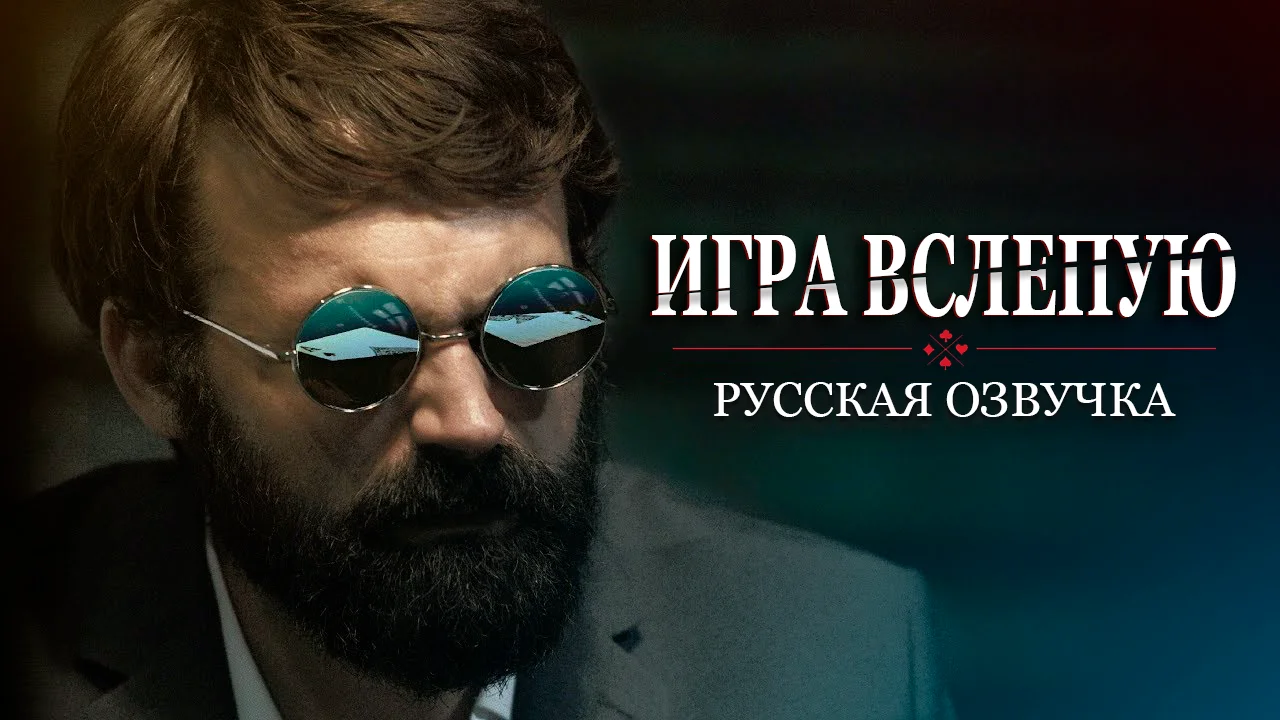
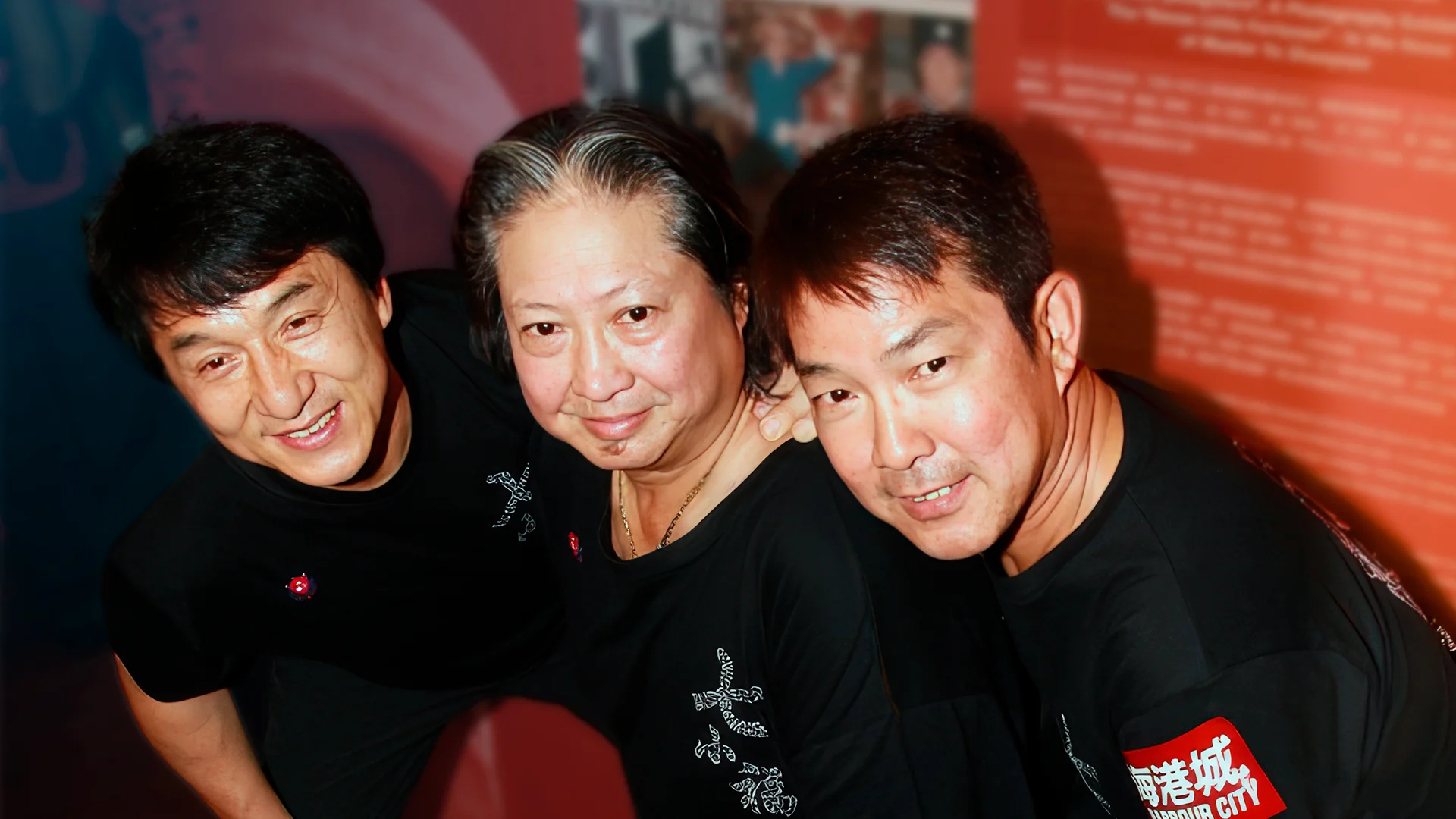
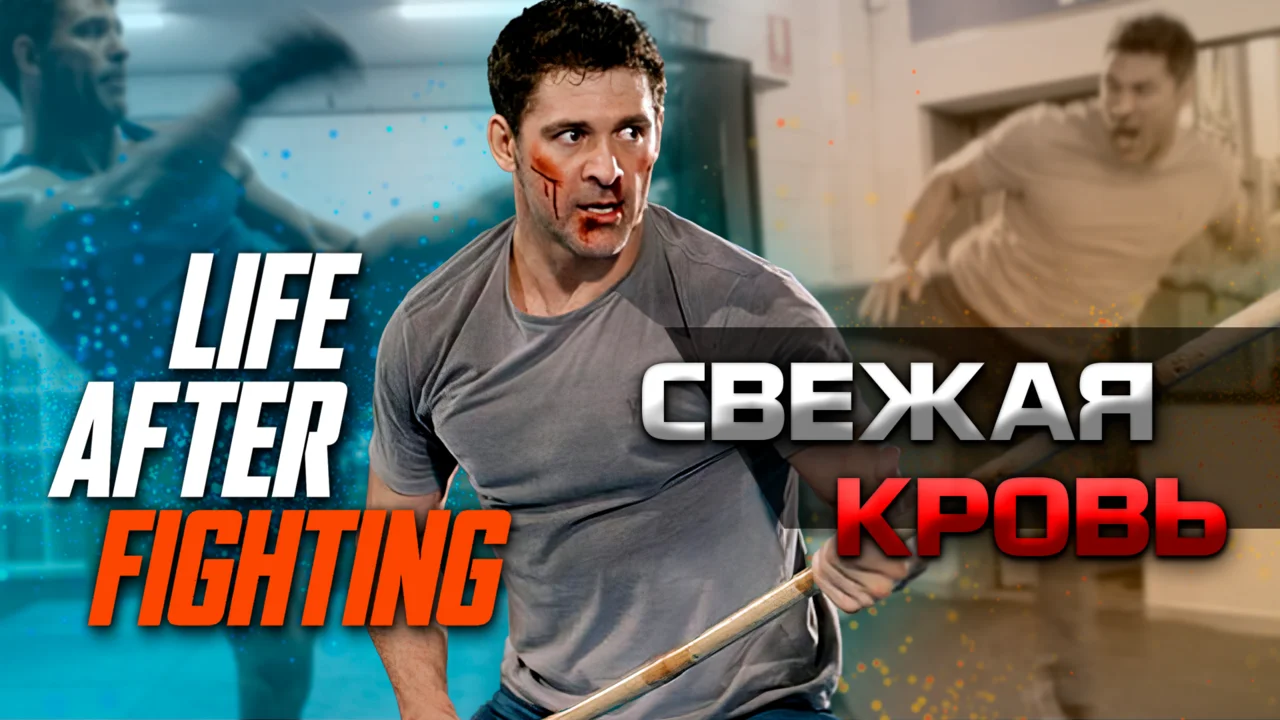
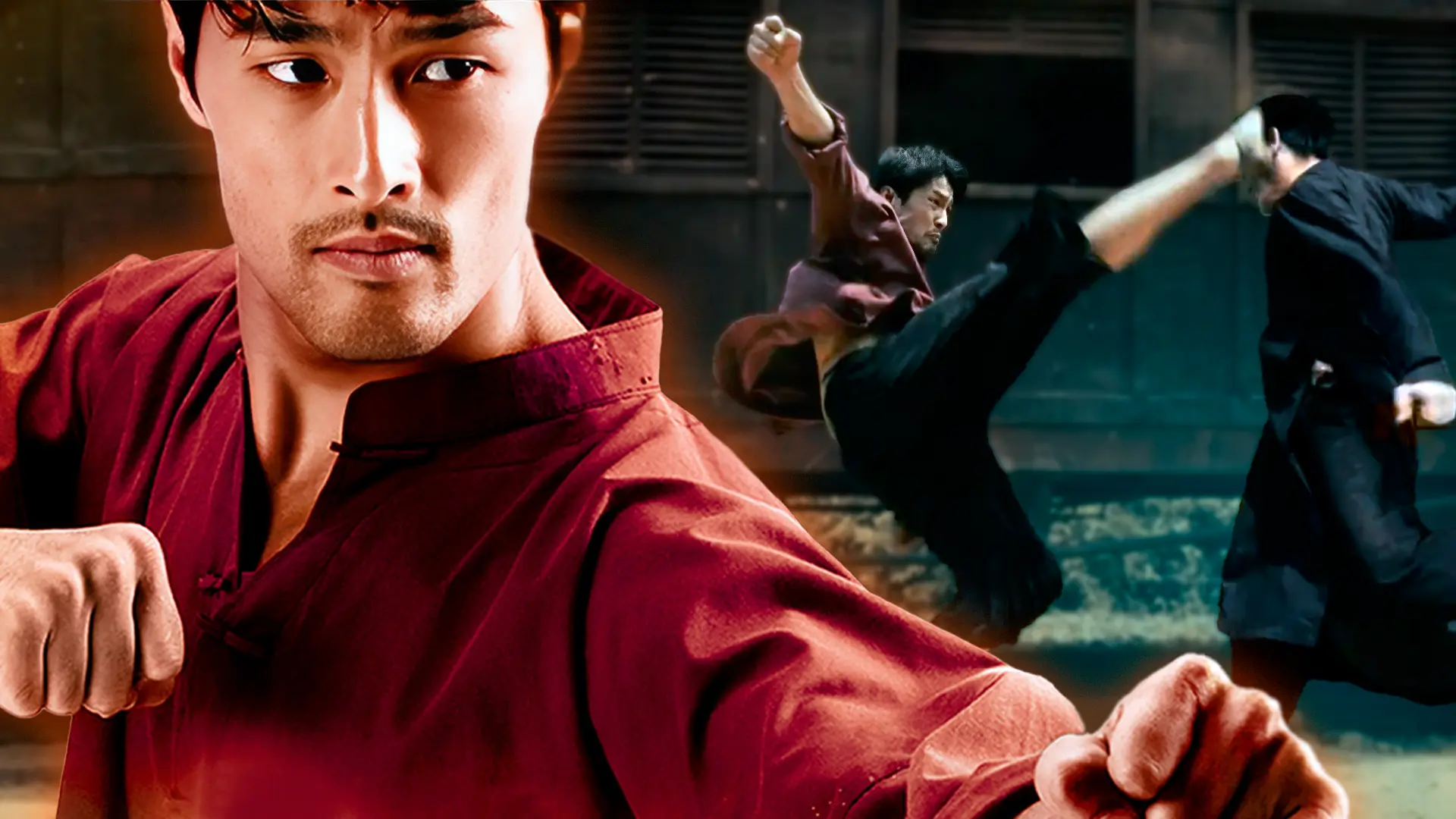
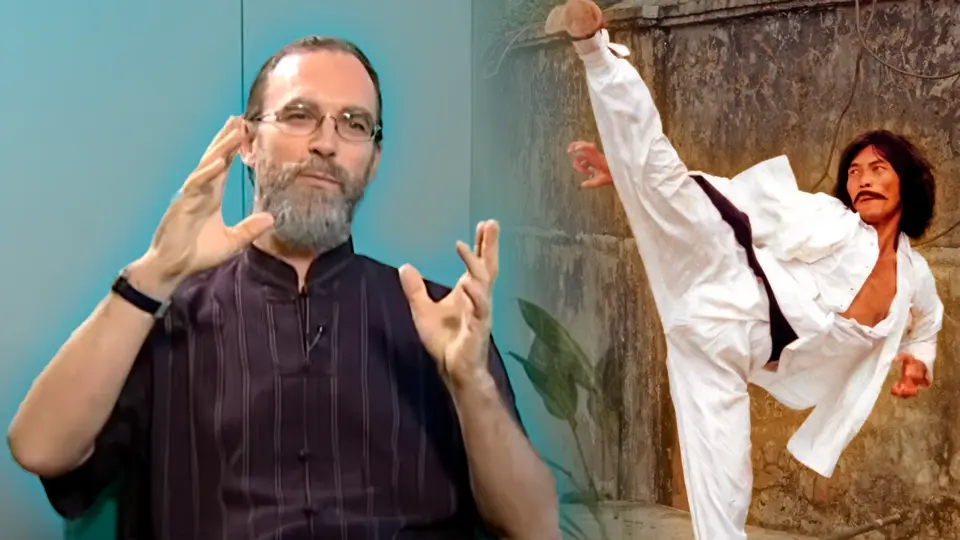
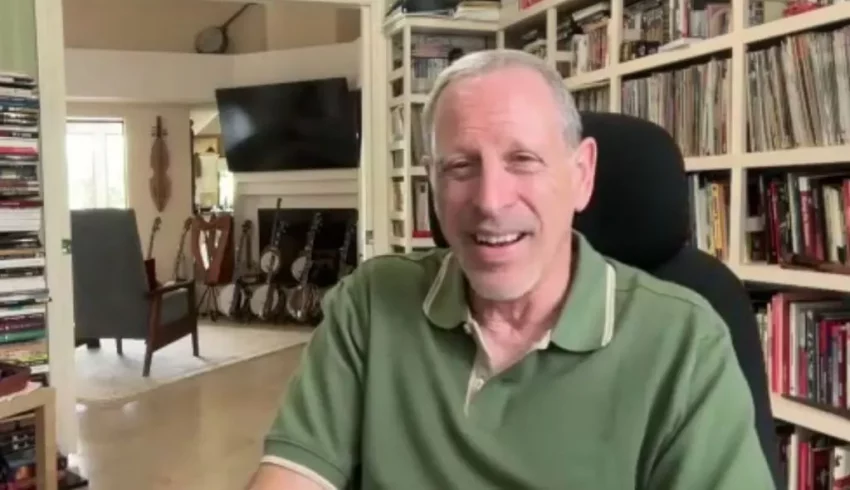
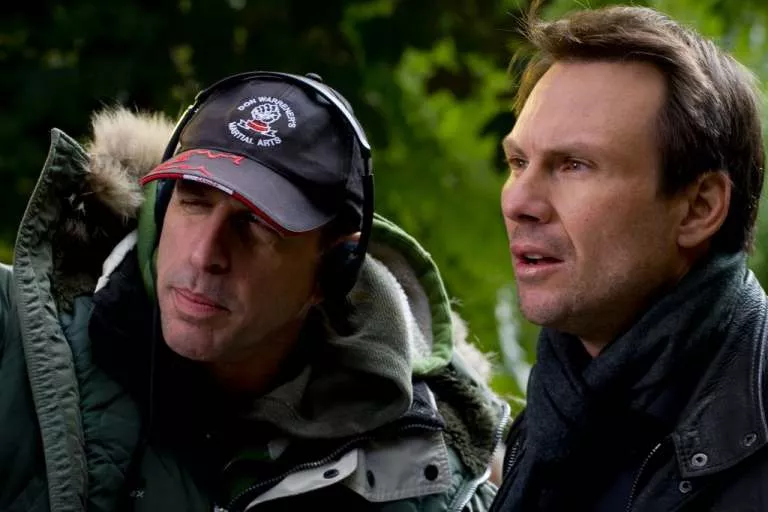
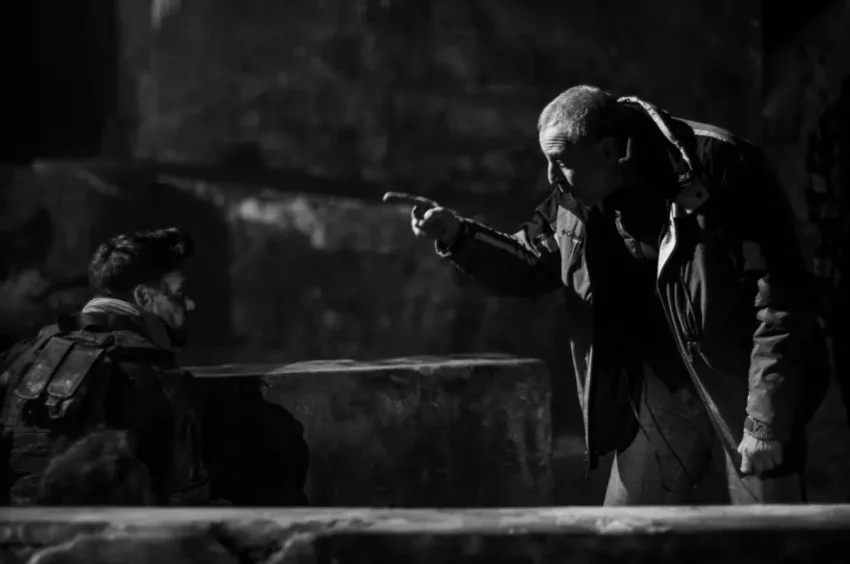
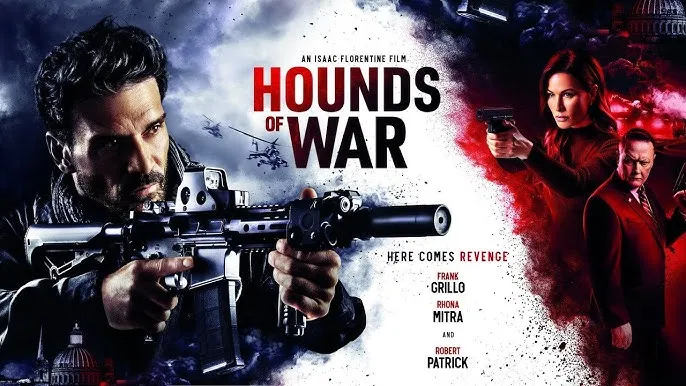
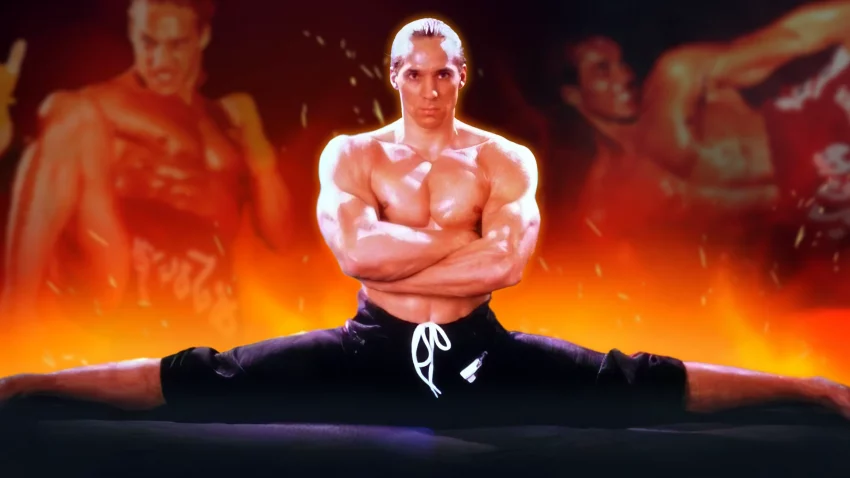
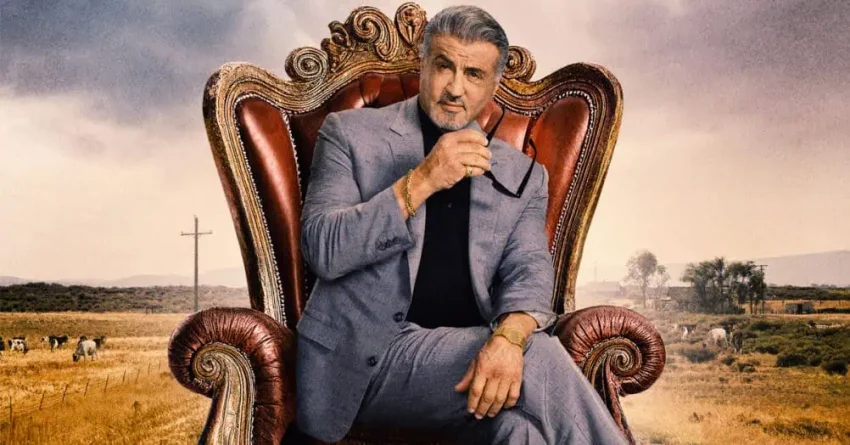
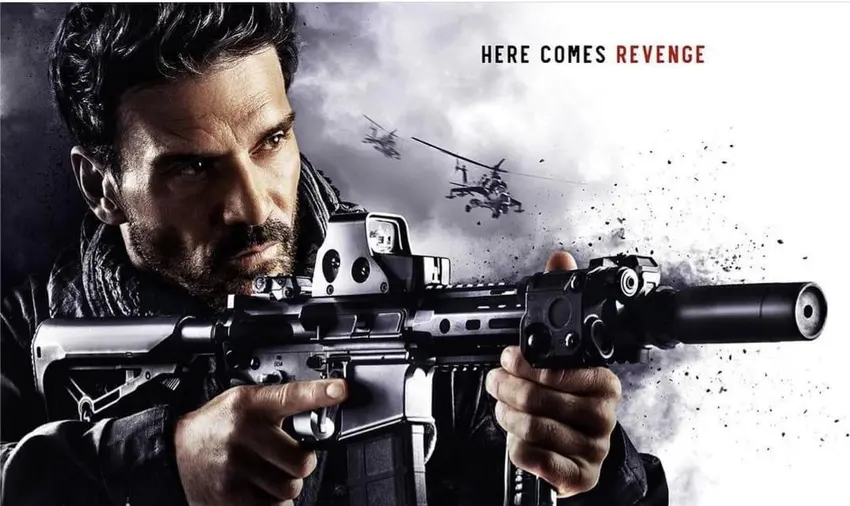
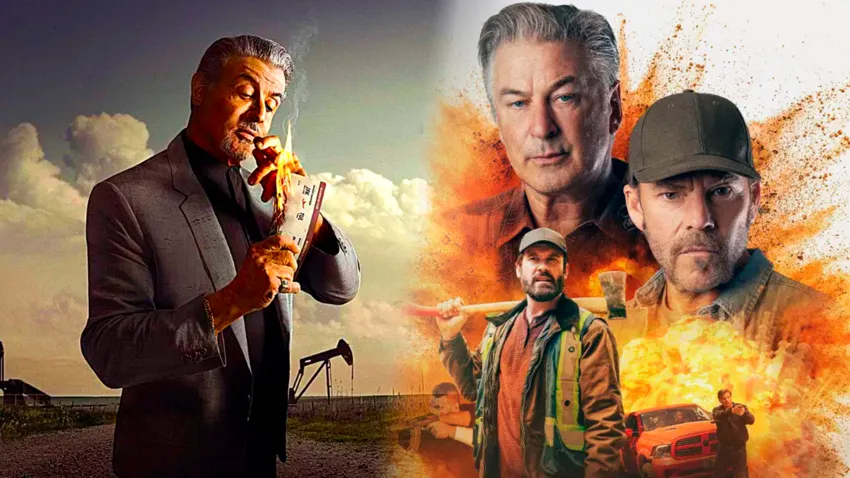
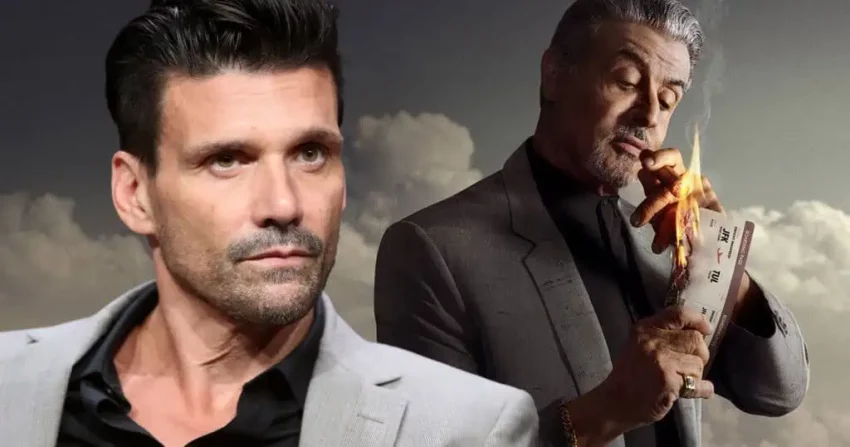
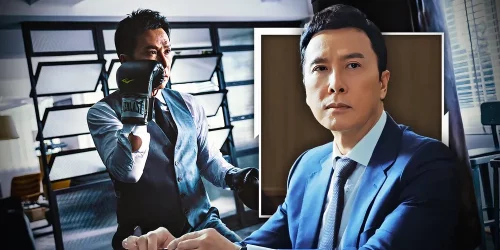
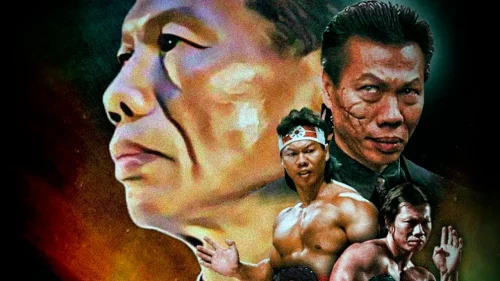

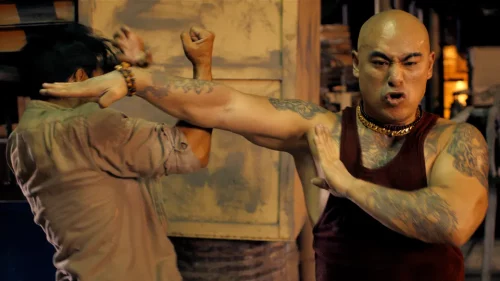
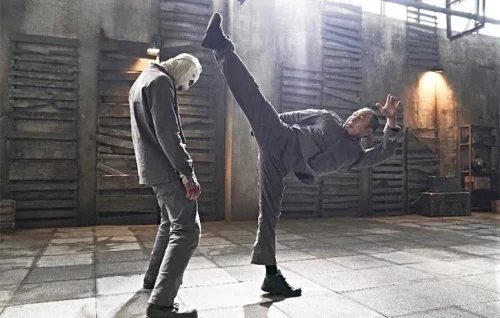
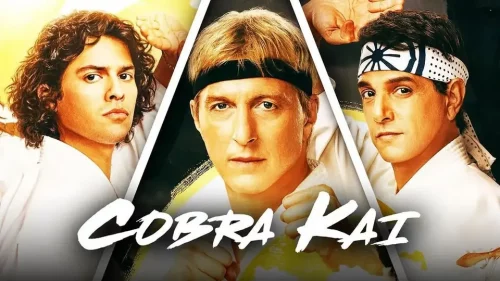
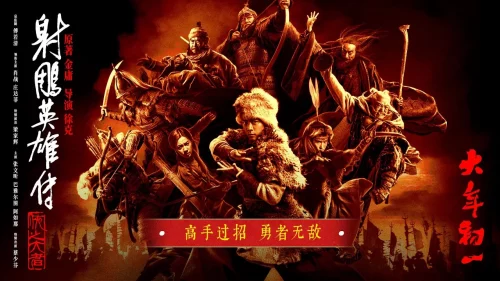
Спасибо вам ваши труды. Энтузиазм бесценен. Об экшне мало ресурсов. И ваша популяризация необходима…
С новым годом Вас всех, причастных к этому каналу, что я читаю уже больше…
Сложно сказать где бы Марко Сарор плохо смотрелся.)
В роли Крэйвена хорошо бы смотрелся Марко Сарор. Высокого роста, атлетичный, хорошо двигается. 100%…